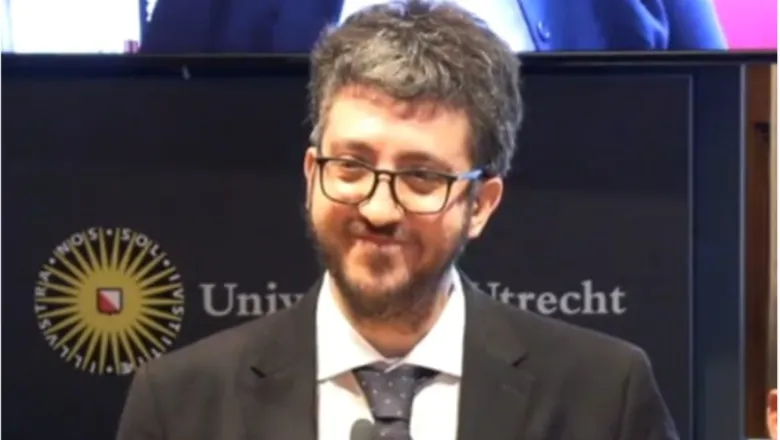De Vero Sensu et Interpretatione: Detecting Semantic Change of Confessionality in Neo-Latin
Does religious background leave measurable lexical traces in Early Modern Neo-Latin drama? I address this question with a two-fold approach that combines distributional semantics and a Machine Learning prediction task. First, I train confession-split Latin word-embedding models and probe semantic neighbourhoods around key terms of Early Modern theology. The results highlight that, even in a genre that was primarily intended as entertainment and school education, a noticeable and systemic divergence between Catholic and Protestant backgrounds shows through, indicating distinct semantic fields aligned with confessional context and overarching theological debates.
Second, I model religious background through a Machine Learning classification and prediction experiment and interpret it through a new, custom Logistic Regression Distinctiveness Score (LRDS) that ranks lexemes by their contribution to separating classes. LRDS exposes a sparse, power-law distribution with the top ranking tokens acting as high-salience confessional markers. I present classification performance and error analysis with a characteristic asymmetry: Protestant texts more often drift into Catholic than vice versa, a pattern consistent with historically looser Protestant lexical cohesion compared to the much more normed and institutionalised Catholic (Jesuit) block. Together, the two lenses converge on a robust lexical fingerprint of confession in Early Modern Neo-Latin drama: embeddings surface semantic fields, while the LRDS scoring distils them into precise lexeme lists that pin-points semantic change across time, space, nationality and confession. Together, these two approaches yield a precise landscape of culturally-informed lexical patterns in Neo-Latin and a practical pipeline for analysing and pinpointing shifts in historical Latin semantics.
Speaker:
Andrea Peverelli (Milan, 1994) is a researcher in Digital Humanities and Computational Literary Studies. He earned his BA (2016) and MA (2018) in Modern Philology cum laude at Università Cattolica del Sacro Cuore of Milan. He completed his PhD at Utrecht University in 2025 with a dissertation on computational analyses of Neo-Latin drama, conducted at the Huygens Institute (Royal Netherlands Academy of Arts and Sciences) within the TransLatin project. His research develops pipelines for historical text processing and applies NLP and Machine Learning methods to map stylistic influence, genre, and confessional features tied to the linguistic evolution of Latin. He has collaborated with several projects on the computational analysis of the Latin language, among which the LiLa – Linking Latin ERC project, the Medieval Latin Universal Dependencies Treebank and the PROIEL Treebank.
Search for another event

